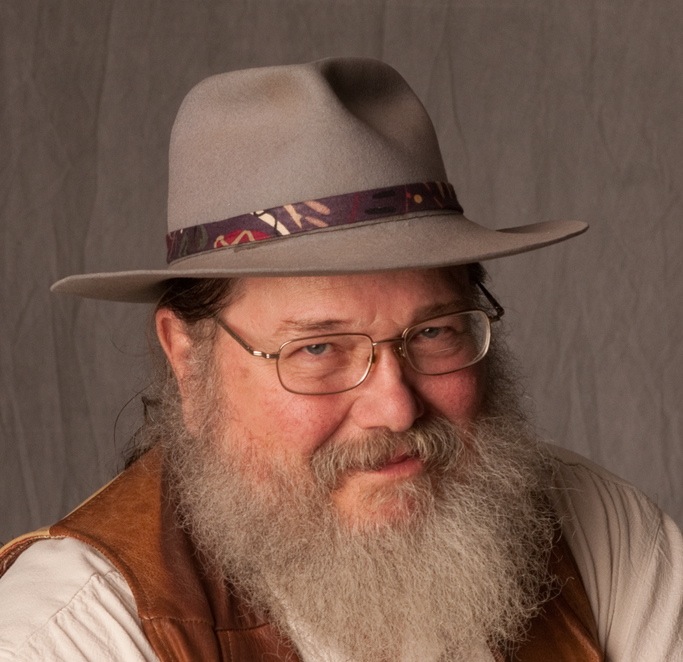There was a time after the Civil War when a person might leave the country on short order with no explanation. Folks would often say they had “Gone to Texas.” When my grandfather left Crane Creek, Ill. he did go to Texas.
I feel as though 2013 grabbed me by the scruff of the neck and shook me like a terrier shakes a rat. Health problems and issues beyond my control have wrung me out like a dish rag. The new moon has fallen on New Year’s Day. It’s Jan. 1, 2014. I’m ready to take my chances with a new year. The wind is thin and cold. I stand weak-kneed under my favorite pee tree and watch the eastern sky turn pink and pearl with daybreak. Two massive ponderosas guard the skyline. When their hundred-foot companion died at the jaws of tiny beetles recently, I had a friend cut it down.
I brushed snow and sawdust from the broad stump and counted growth rings with the tip of my pocket knife blade—173 rings, 173 years. The tree was already a thriving sprout a couple of feet tall swaddled in winter snows when my grandfather, Henry “Newyears” Norris was born on Jan. 1, 1845 on Crane Crick in Illinois. Not far away at Nauvoo, Ill. the followers of the late Joseph Smith had built a town that rivaled the population of Chicago. Near Concord, Mass., Henry David Thoreau was packing light to move into a cabin on Walden Pond.
His mother survived his birth only to die in the hopeful greenness of April. Henry was in his teens when his father Sylvester married a much younger woman, a pretty Irish lass not much older than Henry. Here’s where history gets iffy. Two stories were told in my family. The one I like had grandpa getting involved in a socially unacceptable way with his stepmother and fleeing to establish a new life where he wasn’t known. The dark story, which I suspect carries the truth, relates how his stepmother, cast in the wicked mold, tried to poison him with caustic lye concealed in his food. He was reputed to have operated on his own jaw with a straight razor. He wore full face whiskers the rest of his life to cover the resulting scars.
I’ll never know the reasons but Henry left home in the middle of a bitter winter. He skated the better part of 70 miles down the frozen Illinois River. He caught a ride with a farmer hauling apples to market and finally “borrowed” a horse in Arkansas to complete his journey to north central Texas. He was looking for his birth mother’s family, the Teeters. He found them west of Fort Worth in the process of raising a log cabin at the edge of the limitless prairie.
A Comanche raiding party had been sighted in the area, so he and his new family led their horses into the center of their large cornfield and tied them up for the night. The Indians attacked that night and left feathered arrows buried deeply in the new cut logs of the cabin. The next day Henry was part of the posse that followed the raiders into the trackless Llano Estacado. Soon they were surrounded by a waving sea of grass with nary a landmark for reference. They turned back.
Henry “Newyears” established himself as a carpenter and woodworker in his new home. He made beautiful furniture on a great wheel lathe of his own construction. He built houses and churches. He would place his large dome roofed tool chest on a wheel barrow and push it to the job site and it would stay there until the building was completed.
He was installing desks at the Harmony school one day when one of the “big girls,” twenty years his junior, persisted in smiling at him. She became my grandma.
I wonder what grandpa thought about observing the New Year? Did it bring closure to the issues of the previous one? How did he engage the construct of time? Did he see it as a chance to start anew or just another day to labor? I could sure use a dose of his wisdom. Happy 169th birthday Henry “Newyears” Norris.

